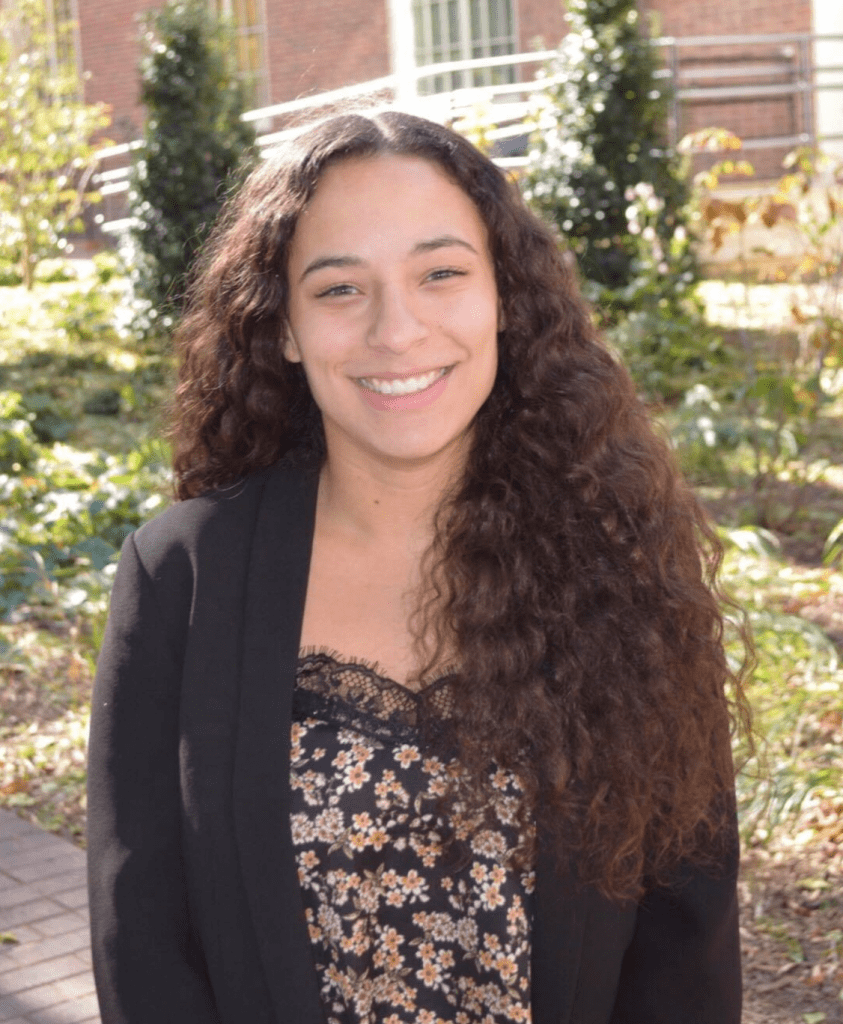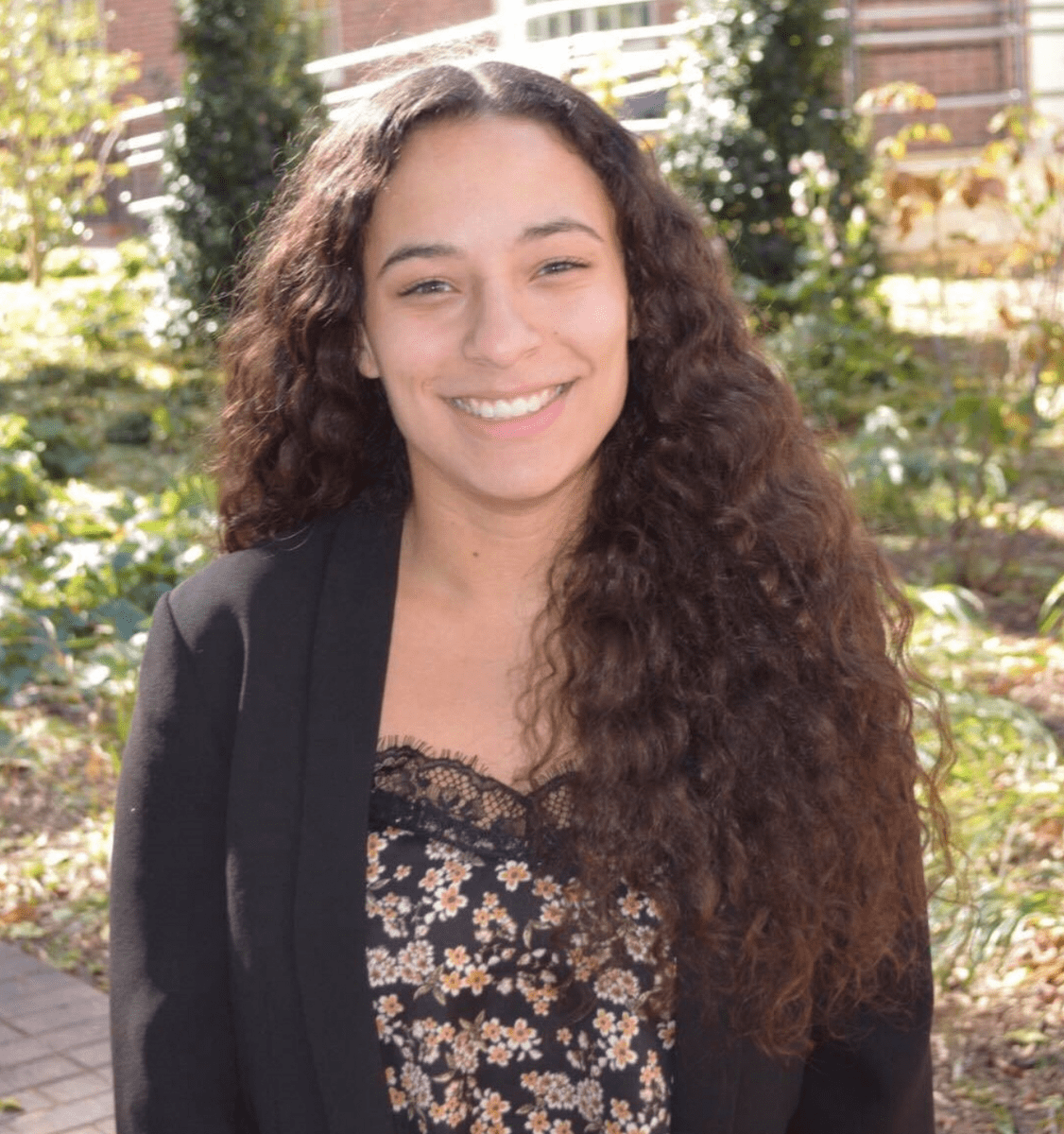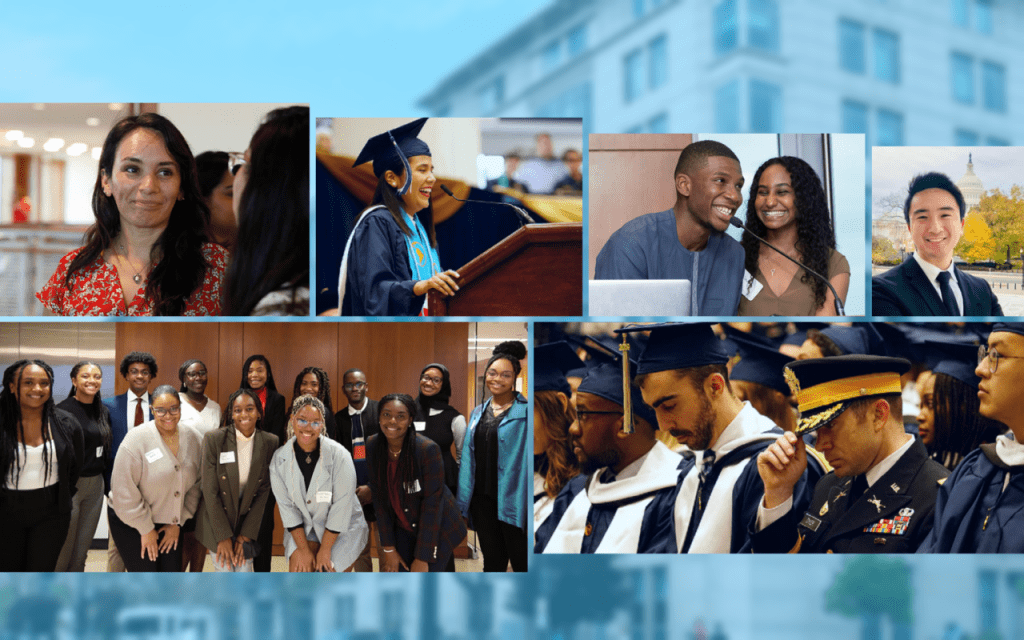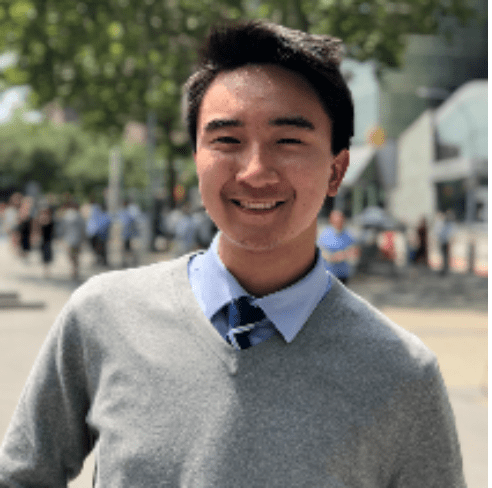
Payton Beaumier, who recently graduated from the Elliott School of International Affairs at the George Washington University, was awarded a 2023 Thomas R. Pickering Foreign Affairs Fellowship following a highly competitive nationwide contest.
The Pickering Fellowship, funded by the U.S. Department of State and administered by Howard University, supports extraordinary individuals who want to pursue careers in the Foreign Service of the U.S. Department of State. Beaumier was chosen out of 600 outstanding candidates.
Beaumier, who grew up in Sioux City, Iowa, said that since high school, she’s dreamed of having a career that would allow her to work towards advancing human rights on a global scale.
One of her teachers in high school once said, “What makes this country great is little people doing little acts of love.” Beaumier said it is a quote that continuously sticks with her and serves as a source of motivation to dedicate her life to public service.
After completing her graduate program, Payton will become a U.S. Foreign Service Officer. She hopes to serve as a political officer working to address matters of human security and strengthen U.S. relations with countries across the globe. Payton credits her time and experience at GW for setting her on this trajectory.
When Beaumier arrived at GW, she was searching for a way to turn her passions into a career, and GW provided an incomparable sense of direction and an environment for curiosity and growth. She stated, “I had amazing academic and experiential learning opportunities at GW. It is a wonderful place to jumpstart your interests.” Specifically, she expressed her gratitude for the unique courses she took, her engaging and influential professors, the Career Services Center, and her time as part of the Elliott School Dean’s Scholars Program.
While at GW, Payton served as the recruitment officer for the Delta Phi Epsilon Professional Foreign Service Sorority and was president of the Women in International Security Branch at GWU.
She participated in the U.S. Foreign Service Internship Program and interned with the Bureau of Counterterrorism at the U.S. Department of State and the U.S. Embassy in Lima, Peru, focusing on international narcotics and law enforcement affairs. She has completed internships at the White House with the Gender Policy Council, the U.S. Department of the Treasury with the Office of Terrorist Financing and Financial Crimes, and the Council on Foreign Relations.
Payton became aware of her selection for the Pickering Fellowship during her time as an intern for the White House Gender Policy Council, and she aspires to continue advocating for gender equity and equality in foreign policy during her career.
This fellowship will allow Beaumier to pursue a two-year master’s degree in an area of relevance to the Foreign Service. It will also connect her to extensive professional development opportunities, including internships, mentors, and skills training.
As part of the program, Beaumier will work at the U.S. Department of State for their domestic internship, and the U.S. Department of State will send her overseas to intern in a U.S. Embassy or Consulate to get hands-on experience with U.S. foreign policy and the work of the Foreign Service.
“I am excited for the opportunity to dedicate my future and my career to promoting peace and supporting our citizens abroad while living a life of public service.”





